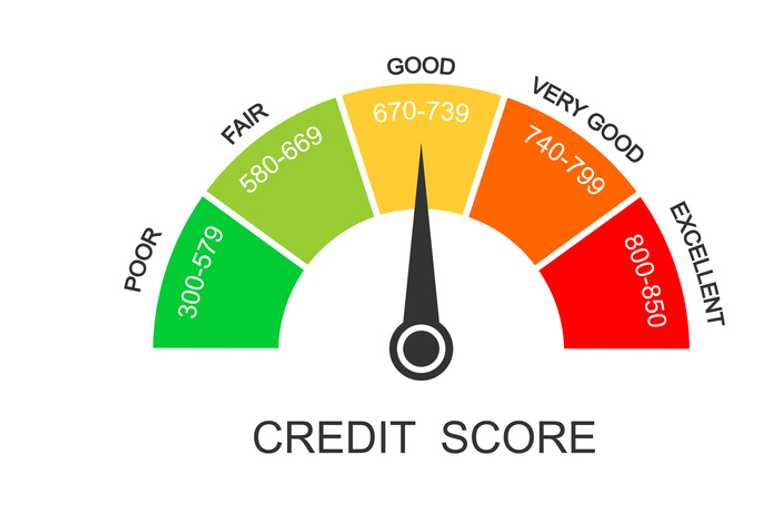Navigating the world of personal finance can be challenging, especially for individuals with poor credit who may be in need of loans. To help you better understand this financial landscape, here’s a brief guide to some essential terms you might encounter:
1. Credit Score:
- Definition: A numerical representation of your creditworthiness based on your credit history.
- Importance: Lenders use your credit score to assess the risk of lending to you. A lower credit score can result in higher interest rates or loan denials.
2. Credit Report:
- Definition: A detailed record of your credit history, including loans, credit cards, payment history, and outstanding debts.
- Importance: Lenders use your credit report to evaluate your creditworthiness and make lending decisions.
3. Interest Rate:
- Definition: The percentage charged by a lender for borrowing money, expressed as an annual rate.
- Importance: A higher interest rate means you’ll pay more in interest over the life of a loan, making it costlier.
4. Collateral:
- Definition: An asset, such as a car or home, that you offer as security for a loan.
- Importance: Collateral can make it easier to qualify for a loan with poor credit and may result in a lower interest rate.
5. Secured Loan:
- Definition: A loan backed by collateral, reducing the lender’s risk.
- Importance: Secured loans are often more accessible to those with poor credit but come with the risk of losing the collateral if you default on the loan.
6. Unsecured Loan:
- Definition: A loan not backed by collateral, relying solely on your creditworthiness.
- Importance: Unsecured loans may be more challenging to obtain with poor credit and typically have higher interest rates.
7. APR (Annual Percentage Rate):
- Definition: The total cost of borrowing, including interest and fees, expressed as an annual percentage.
- Importance: The APR helps you compare the true cost of different loans, considering both interest and any associated fees.
8. Default:
- Definition: Failing to meet the agreed-upon terms of a loan, such as missing payments.
- Importance: Defaulting on a loan can have severe consequences, including damage to your credit score and potential legal action.
9. Debt-to-Income Ratio (DTI):
- Definition: A percentage representing your monthly debt payments compared to your monthly income.
- Importance: Lenders use DTI to assess your ability to manage additional debt responsibly. A high DTI can hinder loan approval.
10. Co-signer: – Definition: Someone who agrees to be responsible for a loan if the primary borrower fails to make payments. – Importance: A co-signer can help you qualify for a loan with poor credit, but they take on financial risk if you default.
11. Loan Term: – Definition: The length of time over which you’ll repay a loan, typically expressed in months or years. – Importance: The loan term affects your monthly payments and the total interest paid over time.
Understanding these financial terms can empower you to make informed decisions when seeking loans, especially if you have poor credit. It’s essential to carefully assess your financial situation, research loan options, and consider seeking advice from a financial advisor or credit counselor to make the best choices for your unique circumstances.





